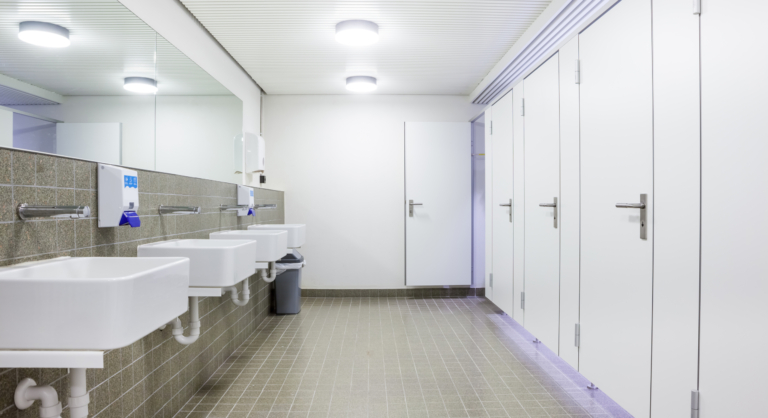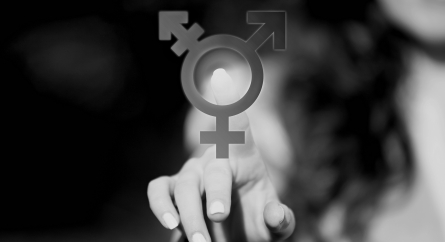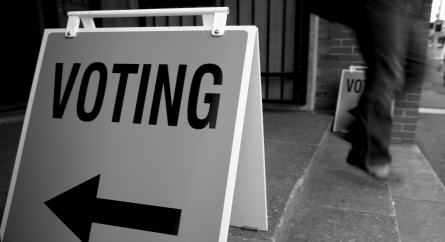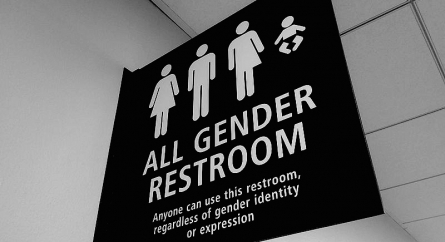The 11th Circuit Flushes Away Rights to Bathroom Access in Schools
A federal appeals court in Florida recently weighed in on the national debate about bathrooms and gender identity, teeing up the issue for review by the U.S. Supreme Court. In a decision issued in December 2022, the 11th Circuit Court of Appeals ruled that schools may prohibit transgender students from using the bathroom that corresponds with their gender identity. The plaintiff may now appeal the issue to the Supreme Court which, depending on whether and how it weighs in, may have repercussions for state and local rules surrounding the use of bathrooms nationwide.
The 11th Circuit Court of Appeals, in Adams v. School Board of St. John’s County, held that a public school district did not violate the Equal Protection Clause or Title IX when it prohibited a transgender student from accessing a bathroom that corresponded with their gender identity, as opposed to their biological sex. The plaintiff – a high school student who identified as male but had originally enrolled in the school district with a biological sex of female – did have access to a gender-neutral bathroom consistent with the district’s policies but argued that the policy of restricting the non-neutral bathroom amounted to unlawful discrimination based on sex.
In permitting sex-based classification of students into separate bathrooms, the Court credited the school’s rationale that the separation of sexes was related to protecting the privacy of school-age students, who are “still developing, both emotionally and physically.” The Court also held that drawing distinctions made on gender identity – i.e., by creating a rule that prohibited students from using the bathroom that was not appropriate for the gender with which they identified – did not equate to a distinction based on sex, relying on Supreme Court precedent from the 1973 case Frontiero v. Richardson, which equated sex to race and national origin as “an immutable characteristic determined solely by accident of birth,” and not a characteristic that could change over time.
The Court distinguished the case before it from Bostock v. Clayton County, the U.S. Supreme Court’s 2020 decision, which held that discrimination against transgender or homosexual status is included in Title VII’s language prohibiting sex discrimination in employment. The Court distinguished Title IX, which in this instance applied to “schools and children” from Title VII, which generally applies to the “adult workplace.” Title IX’s statutory language, unlike that of Title VII, includes explicit carve-outs allowing for separation of “living facilities” based on sex, and that the statutory regulations allow for “separate toilet, locker room, and shower facilities on the basis of sex” as long as the facilities provided to each sex are comparable. The Court concluded that, in this context, “sex” referred to “biology and reproductive function” and not to gender identity.
The 11th Circuit’s ruling is in direct opposition to the 4th Circuit’s 2020 decision in Grimm vs. Gloucester County School Board, which held that a Virginia school’s refusal to allow a transgender student to use the bathroom that corresponded with his gender identity violated both the Equal Protection Clause and Title IX. If the Supreme Court takes up the issue, it may follow Grimm, and require school districts to allow students to use bathroom facilities consistent with their gender identities, or it may follow Adams and allow each district to make its own rules regarding bathrooms and gender identity. In doing so, the Supreme Court will likely, as it did for Title VII in Bostock, provide guidance as to whether Title IX’s prohibition on sex discrimination includes discrimination on the basis of gender identity. This could have significant repercussions for schools’ operations and policies related to sex and gender discrimination.
Client Tip
Laws of some states require that public bathrooms in those states be available to people based on their gender identity. For example, Massachusetts law explicitly prohibits discrimination on the basis of gender identity and requires that places of public accommodation grant access to bathrooms based on a person’s gender identity.
Categorized: Discrimination, Gender Identity
Tagged In: Equal Protection Clause, Gender Identity, gender-neutral bathroom, non-neutral bathroom, school bathrooms, transgender students









